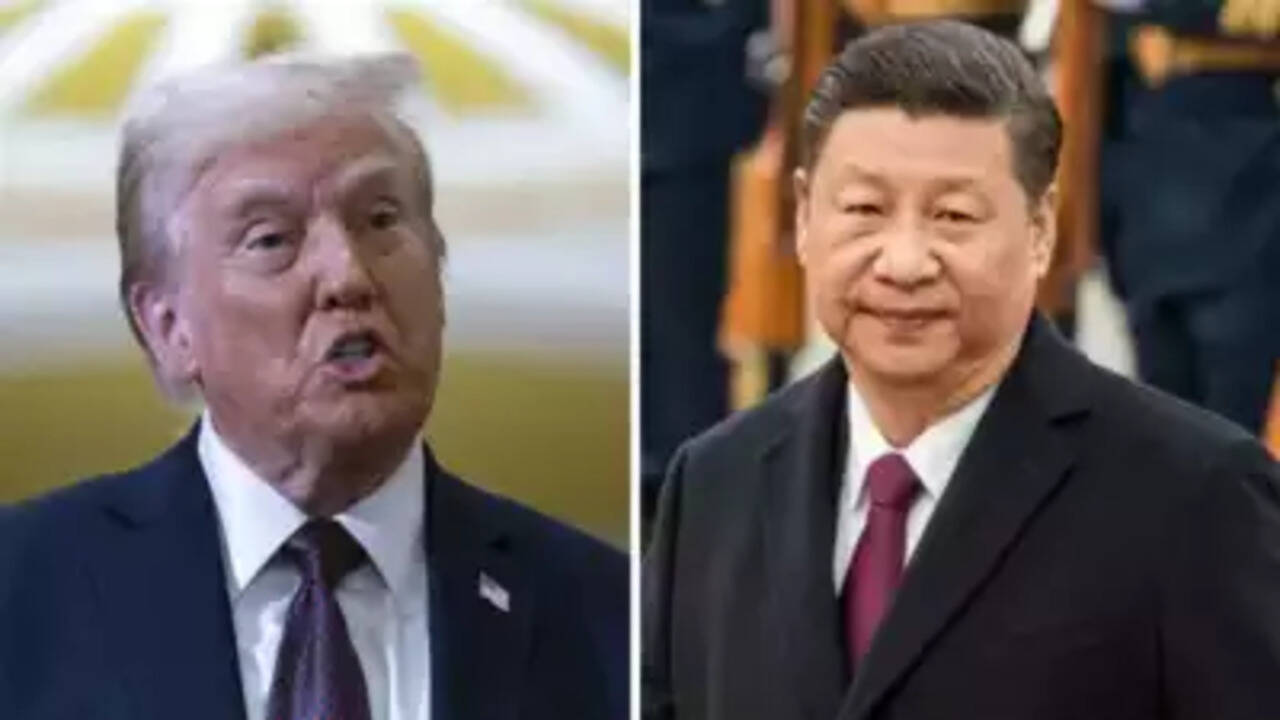China Limits Stock Sales Amidst US Trade War
As the US-China trade war intensifies, China's stock exchanges impose restrictions on daily net share sales by hedge funds and large retail investors to stabilize its markets.
Published April 12, 2025 - 00:04am

Image recovered from chinatimes.com
The escalation of the trade war between China and the United States has prompted significant policy measures within China's financial markets. As tensions rise, Beijing has ordered unprecedented restrictions on daily net sales of stocks by hedge funds and large retail investors. These actions mark a strategic move to shield China's domestic stock market from the volatility induced by escalating tariffs on goods exchanged between the two nations.
Chinese stock exchanges, including the major ones in Shanghai and Shenzhen, have implemented a daily cap for net share sales, set at 50 million yuan (approximately $6.83 million). This soft limit is enforced through verbal warnings from brokerages, and any breach of these sales caps might lead to the suspension of trading accounts, serving both as a deterrent and a mechanism of financial stability.
The backdrop to these stringent measures is an intensifying trade conflict, characterized by the United States imposing tariffs which recently escalated to 145% on Chinese products. In a retaliatory action, China increased tariffs on imports from the United States to 125%. Such confrontations have hiked market uncertainty and risk, necessitating Beijing's intervention to mitigate potential economic disruption.
Sources related to the Chinese financial markets indicate that the directives came as part of a concerted effort by China's government to stabilize its markets. These regulations are one element of a broader suite of financial maneuvers, which include commitments from China's state funds, such as Central Huijin, to increase stock holdings, alongside an uptick in share buybacks by listed companies to buoy market confidence.
The policy decision reflects an acute awareness by Beijing of the threat posed by foreign economic maneuvers. As such, maintaining a semblance of stability in the domestic markets has become paramount. Observers note that Beijing's willingness to apply such controls is representative of its larger strategy to manage domestic economic conditions amid fluctuating global markets.
Looking beyond mere responses to trade tariffs, these sales restrictions encapsulate broader attempts by Chinese authorities to guard against market volatility and reassure both domestic and international investors of the stability of China's financial ecosystem. If the market conditions were to deteriorate further, there is an indication that the 50 million yuan daily sales cap could become tighter, emphasizing the fragility of current economic dynamics.
In the context of global market reactions, the immediate impact appears to be a state of recovery observed in Chinese stocks, which helped contain the week's losses. On a broader scope, this situation underscores the intricacy of global trade relations, particularly between two of the world's largest economies, as each seeks to navigate emerging economic divides with an eye on preserving national economic interests.
This development in China's market policies, while ostensibly a domestic matter, resonates globally, suggesting potential reverberations across international financial systems. Analysts continue to closely watch the trade war's trajectory, wary of further retaliatory measures and their subsequent impact on economic stability worldwide.





